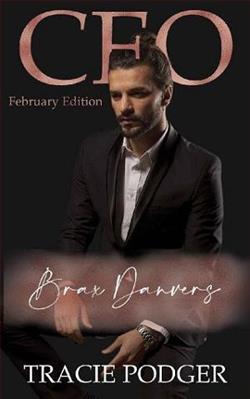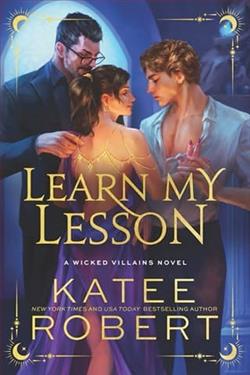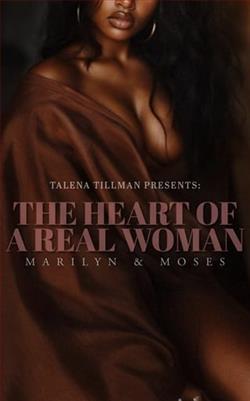Page 34 of Night's Reckoning
“Yes, we fought for power.” Zhang took a drink of red wine from a glass goblet. “But in the end, Arosh and I fought because it was expected. Our people expected it. Our courts expected it. We had warriors, armies, advisers who expected it.”
“And then one day,” Tenzin said. “You didn’t.”
Ben watched Tenzin sitting to the left of her father’s seat, across from Fabia, who sat at his right. Tenzin kept her eyes trained on her dish when she wasn’t quietly instructing the servants in the room.
Commander of the Altan Wind.
Ben would bet money that Tenzin had been one of those people expecting her sire to continue fighting. Had she been disappointed when he stopped? Relieved?
Fabia asked, “Why did you do it?”
“Why make peace?” Zhang smiled a little. “I wanted to live a balanced life. Penglai Island already existed, but for thousands of years I had led a dual life. I flew to one court and made war while in the other I tried to promote peace. On Penglai, I had built a place where the wisest could be consulted so that humans and vampires no longer had to suffer blood and combat over conflicts that could be resolved with conversation. But I was still holding on to some of my territories with an iron fist.”
“And now some of those territories are lawless,” Tenzin said quietly.
“When they want peace, they will find it.”
“Or Arosh will rise and make the decision for them.”
Zhang stared at Tenzin, but Ben couldn’t understand the look they exchanged. He didn’t understand a lot of things about their relationship.
Zhang turned to Fabia. “I built Penglai because I wanted a place where scholars were respected and honored. For thousands of years, vampires collected human scholars for our courts, human poets and artists to amuse us, but we had none of our own.” He shook his head. “What a waste. So many artists, poets, and scholars turned into immortals and then forced to be warriors when they only wanted to create.”
Tenzin said, “But isn’t there an art to war?”
Ben said, “Sun Tzu would say yes. But he’d also say that it is better to win without fighting. You could win hearts through poetry that you could never win in battle.”
Zhang said, “An excellent point, Benjamin.”
“I suppose Sun Tzu might say that.” Tenzin smiled. “But I’m alive and he is dead. So you should probably take that into account.” She twisted a long string of noodles around her chopsticks. “Zhang made peace with Arosh because my father was running out of good generals and he convinced his people that it made more economic sense to settle things with alliances rather than armies.”
“There was that as well,” Zhang said. “Whatever our reasons, we both wanted the fighting to stop. I sent emissaries to the Fire King’s court. He sent some of his own back with mine. We negotiated for decades.”
“Decades?” Fabia’s eyes went wide. “Decades?”
“It isn’t that long,” Tenzin said. “Decades mean little to beings as old as Arosh and my sire.”
“We finally settled at the beginning of the ninth century. We had signed treaties and exchanged hostages—”
“Hostages?” Fabia said. “You kept hostages?”
“During negotiations, one of Arosh’s children came and stayed in my court as a gesture of good faith.”
Ben looked at Zhang. “You only have one child.”
“Arosh annoys me,” Tenzin said. “Luckily, his palace was comfortable and he was rarely in residence. His harem kept me very entertained.”
“The only thing left to do was a ceremonial exchange of gifts,” Zhang continued. “I sent a caravan of silk, jade, and porcelain to Arosh. He was to send me a sword.”
Ben said, “The Laylat al Hisab.”
“The Night’s Reckoning, a saber of unmatched beauty and strength,” Zhang said, “made by the most famous swordsmith in immortal history. A vampire who lived in Arosh’s territory, though never under his aegis.”
“Harun al Ilah,” Tenzin said.
Ben didn’t think he’d ever seen Tenzin speak of anyone with the awe with which she said Harun’s name. “Who was he?”
“The sword master of Duruz.” Zhang motioned for a servant to come closer. “Can you bring bowls to wash our hands, please?”















